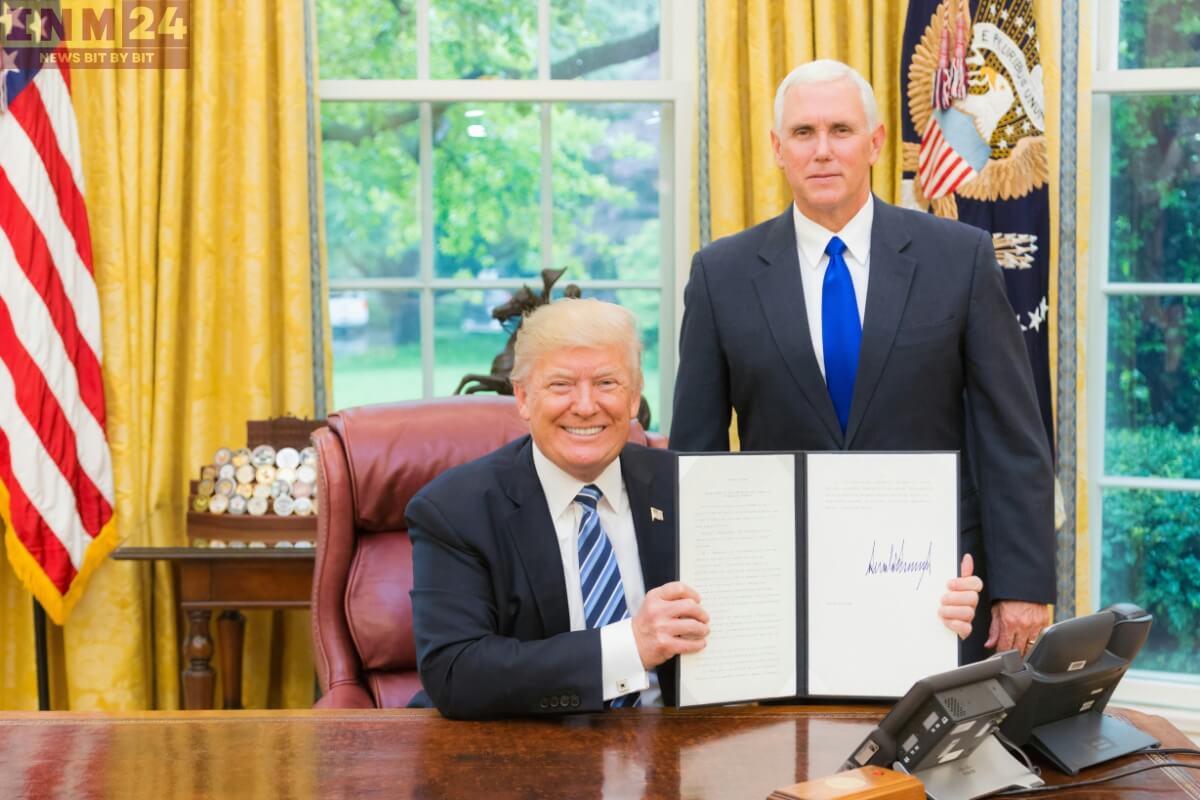Former President Donald Trump recently voiced his strong support for In Vitro Fertilization (IVF) treatments in the wake of a significant ruling in Alabama. Trump’s stance on IVF highlights the ongoing debate surrounding reproductive rights and access to fertility treatments in the United States.
Alabama Reproductive Legislation: Trump’s Endorsement
The Alabama ruling in question pertains to legislation that affects the availability and legality of certain reproductive procedures, including IVF. Against this backdrop, Trump’s public endorsement of IVF treatments carries weight and signals his position on an issue that intersects with healthcare, ethics, and personal choice.
In expressing his support for IVF, Trump joins a chorus of voices advocating for reproductive freedom and the right to access assisted reproductive technologies. IVF treatments have long been hailed as a groundbreaking solution for individuals and couples facing infertility, offering hope and the possibility of starting a family.
Reproductive Healthcare Support
Trump’s endorsement of IVF also underscores the importance of ensuring that individuals have access to a full range of reproductive healthcare options. By publicly affirming his belief in the value of IVF treatments, Trump aligns himself with those who champion reproductive rights and the autonomy of individuals to make choices about their own bodies and futures.
Moreover, Trump’s statement serves as a reminder of the broader societal implications of reproductive healthcare policy. Access to IVF treatments can have far-reaching consequences for individuals, families, and communities, shaping the dynamics of parenthood, family planning, and medical ethics.
While Trump’s support for IVF treatments may resonate with some segments of the population, it also highlights the ongoing polarization and debate surrounding reproductive rights in the United States. The Alabama ruling and Trump’s subsequent statement underscore the need for continued dialogue and advocacy to protect and expand access to reproductive healthcare services.
Donald Trump’s expression of strong support for IVF treatments following the Alabama ruling adds another layer to the ongoing discourse surrounding reproductive rights and access to fertility treatments. As the debate evolves, it is essential to recognize the importance of ensuring that individuals have the freedom to make informed decisions about their reproductive health and access the care they need to build the families they desire.
